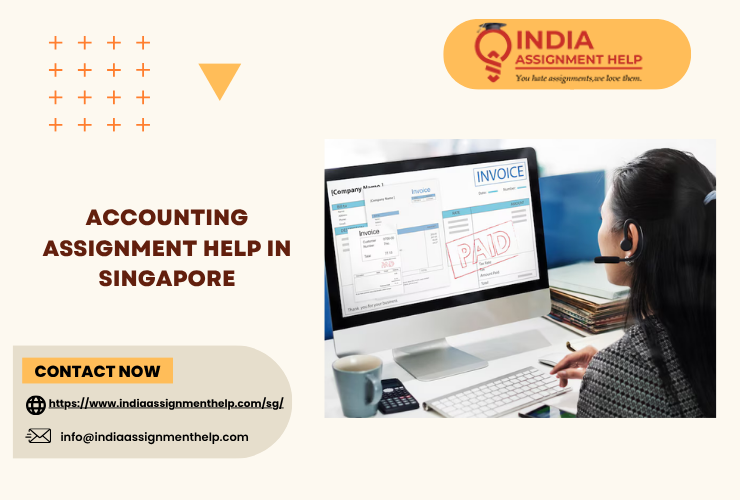Introduction
In the high-stakes world of automotive manufacturing, quality isn’t just a goal—it’s a non-negotiable. Every component, process, and system needs to meet strict standards to guarantee safety, reliability, and regulatory compliance. That’s where internal auditors come in. If you’re responsible for evaluating your company’s quality management system under IATF 16949, you hold the key to keeping everything on track.
IATF 16949 internal auditor training isn’t just about learning the rules—it’s about developing the skills to identify risks, spot inefficiencies, and drive meaningful improvements. Whether you’re an experienced quality professional or stepping into an audit role for the first time, the right training can make all the difference. So, what exactly does this training cover, and why does it matter? Let’s break it down.
Why Internal Auditors Are the Backbone of Automotive Quality
If you’re stepping into the role of an internal auditor for an IATF 16949-certified company, congrats! You’re about to play a crucial part in maintaining quality and compliance. It’s not just about checking boxes—it’s about making sure your organization doesn’t cut corners that could lead to defects, safety hazards, or costly recalls.
Think of internal auditors as the guardians of process integrity. While leadership sets the vision and production teams handle day-to-day operations, iatf 16949 internal auditor training auditors ensure that everything runs smoothly, efficiently, and according to industry standards. Done right, internal audits aren’t just about finding problems—they’re about uncovering opportunities to improve quality at every level.
What Makes IATF 16949 Different?
Before diving into the training itself, let’s talk about why IATF 16949 stands out. Unlike the more general ISO 9001 standard, IATF 16949 is specifically designed for the automotive industry. It emphasizes defect prevention, reducing variation, and strengthening the supply chain—critical elements in a sector where even the smallest quality issues can lead to massive consequences.
This standard goes beyond basic quality management. It integrates risk-based thinking, process-based auditing, and continuous improvement strategies to ensure that automotive manufacturers and suppliers maintain the highest possible standards. If you’re auditing against IATF 16949, you’re working in an environment where precision and attention to detail are paramount.
Is the Course Easy or Difficult?
Let’s be honest—internal auditor training isn’t a breeze, but it’s not impossible either. How challenging it feels depends on your background and experience. If you’re already familiar with quality management systems and have an analytical mindset, you’ll find the course manageable. But if auditing and IATF 16949 are new to you, expect a bit of a learning curve.
The toughest part? Applying the standard’s requirements in real-world situations. It’s one thing to memorize clauses; it’s another to assess risks, analyze processes, and write meaningful audit reports. But don’t worry—like any skill, auditing improves with practice. Stay engaged, ask questions, and approach the training with curiosity, and you’ll get the hang of it.
What You’ll Learn in an IATF 16949 Internal Auditor Course
An internal auditor training course is about more than just conducting audits—it’s about sharpening your critical thinking, strengthening your understanding of processes, and learning how to ask the right questions. Here’s what you can expect:
A. Mastering the Standard
You’ll start by digging into the IATF 16949 requirements, including:
- How it builds on ISO 9001 principles
- The critical requirements that apply specifically to automotive suppliers
- Why process-oriented auditing is at the heart of this standard
B. Developing Effective Auditing Techniques
Great auditors do more than follow checklists. Your training will cover:
- How to prepare an audit plan that aligns with business objectives
- Interview techniques that get useful insights without making people defensive
- Identifying nonconformities that actually matter (not just minor paperwork issues)
C. Risk-Based Thinking: A Game Changer
Modern quality auditing isn’t just about confirming compliance—it’s about identifying risks before they become problems. Your training will help you:
- Assess risks within processes
- Audit control measures effectively
- Promote continual improvement, not just rule-following
D. Writing Reports That Get Attention
An audit report isn’t just a formality. A strong report:
- Clearly outlines findings—both good and bad
- Highlights risks and opportunities for improvement
- Uses clear, straightforward language so management takes action
You’ll get hands-on practice writing reports that are useful, not just bureaucratic paperwork.
E. Handling Tough Situations
Not everyone welcomes auditors with open arms. Some people get defensive, while others try to downplay findings. Your training will include strategies for:
- Dealing with resistance and pushback
- Communicating audit findings diplomatically but firmly
- Handling challenging conversations about quality issues
My Experience Attending a Lead Auditor Course
When I took my first lead auditor course, I wasn’t sure what to expect. I knew quality management, but leading audits at a higher level felt intimidating. The course was intense—long days filled with case studies, discussions, and mock audits—but that’s what made it valuable.
The biggest takeaway? Learning how to ask the right questions. Instead of just checking compliance, I learned to dig deeper and understand the reasons behind each process. That shift in perspective changed the way I approached auditing entirely. By the end, I felt not just more knowledgeable but more confident in my ability to lead audits effectively.
If you’re considering a lead auditor course, be prepared for a challenge—but one that will elevate your skills and confidence in ways you didn’t expect.
Who Should Attend IATF 16949 Internal Auditor Training?
This training isn’t just for quality managers. It’s for anyone responsible for maintaining, improving, or assessing a company’s quality management system, including:
- Quality engineers and managers
- Production supervisors
- Process owners
- Supplier quality professionals
If you play a role in ensuring your company meets customer and regulatory expectations, this training is for you.
Conclusion
Auditing under IATF 16949 isn’t just about checking for compliance—it’s about safeguarding quality, identifying risks, and pushing for continuous improvement in automotive manufacturing. A well-trained internal auditor can help prevent defects, build supplier trust, and keep their organization ahead of industry expectations.
Investing in IATF 16949 internal auditor training isn’t just about boosting your resume—it’s about becoming a key player in maintaining the high standards that the automotive industry demands. Ready to make a difference?




